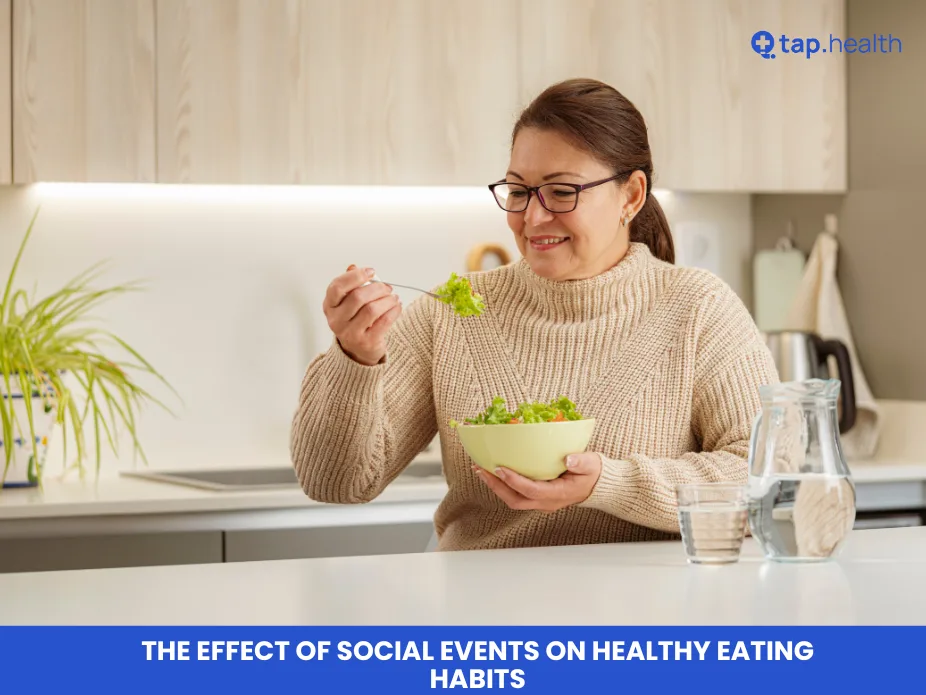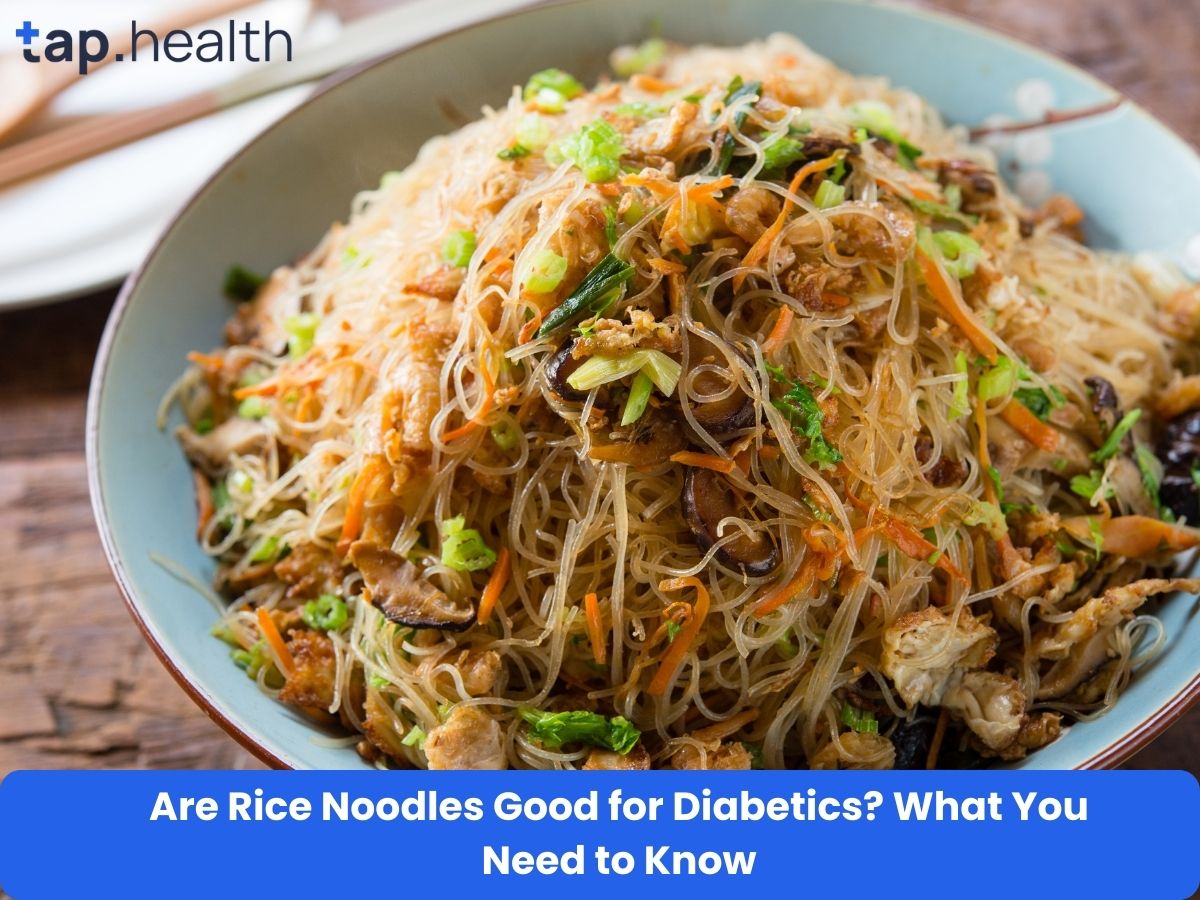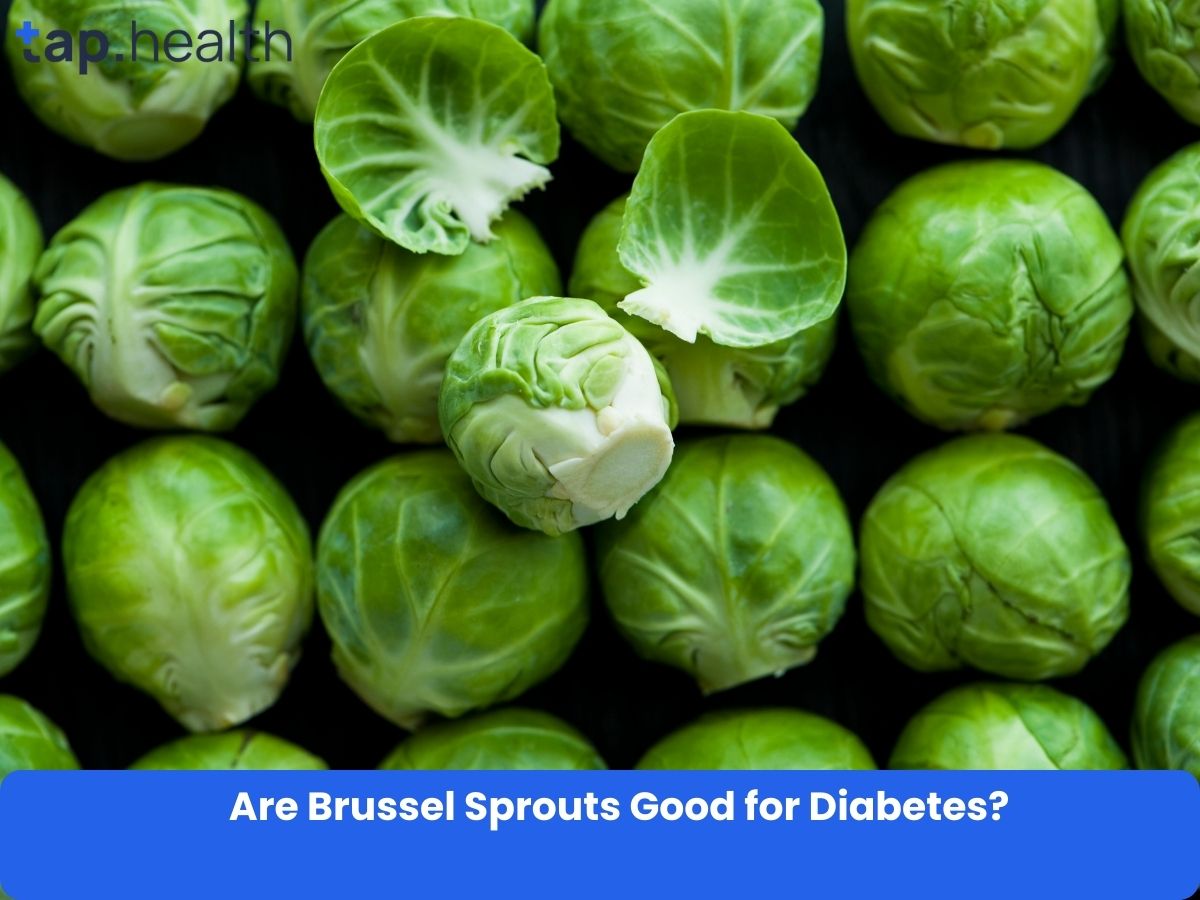How Social Events Disrupt Healthy Eating Habits
Social gatherings like birthday parties, weddings, holiday feasts, and office celebrations revolve around food. These events strengthen bonds but often challenge healthy eating habits, portion control, and mindful eating. Tempting high-calorie foods, large servings, peer pressure, and emotional triggers can lead to overeating, nutrient imbalance, and mindless snacking—making it harder to stick to nutrition goals.
Why Food and Social Events Are Inseparable
Sharing meals has deep cultural roots. Food represents celebration, comfort, and hospitality. At social events, people naturally eat more than when alone due to social facilitation—a proven psychological effect where the presence of others increases consumption. Buffets, platters, and endless refills worsen portion distortion, causing many to consume 20–50% more calories than intended.
Psychological Triggers Behind Social Overeating
Several factors influence eating behavior in social settings:
- Peer Pressure & Social Mimicry: When everyone grabs seconds or dessert, it feels normal to follow.
- Portion Distortion: Larger plates and serving sizes trick the brain into overeating.
- Emotional Eating: Holidays and reunions link food to nostalgia, stress relief, or joy.
- Reward Mentality: Celebrations frame indulgent food as a “treat,” encouraging guilt-free overconsumption.
- Mindless Eating: Talking, laughing, and drinking distract from hunger and fullness cues.
These triggers explain why even disciplined eaters can leave events feeling overly full.
Real Impact of Social Events on Nutrition
- Higher Caloric Intake Fried appetizers, cakes, sugary cocktails, and creamy dishes dominate most gatherings, spiking daily calories.
- Loss of Portion Control Buffet-style service and shared platters make it easy to keep refilling without noticing.
- Nutrient Deficiency Vegetables, lean protein, and whole grains are often scarce compared to chips, pizza, and sweets.
- Blood Sugar Spikes Refined carbs and alcohol cause rapid glucose surges followed by crashes—especially risky for people managing diabetes or insulin resistance.
Simple Strategies to Eat Healthy at Social Events
- Eat a Protein + Fiber Snack Before Leaving A small Greek yogurt with berries or a handful of almonds reduces hunger and overeating.
- Choose a Smaller Plate Research shows smaller plates automatically reduce intake by 20–30%.
- Fill Half Your Plate with Veggies or Salad First This crowds out higher-calorie options naturally.
- Drink Water Between Every Bite or Drink Hydration slows eating pace and prevents mistaking thirst for hunger.
- Practice the 80/20 Rule Fill 80% of your plate with nutrient-dense foods; enjoy 20% indulgent choices guilt-free.
- Limit Alcohol and Sugary Drinks Alternate each alcoholic drink with water; choose sparkling water with lime instead of soda.
- Use the “One-Bite” or “Three-Bite” Rule for Desserts Taste your favorite treat without needing the full portion.
- Focus on Conversation, Not the Table Step away from the buffet after plating to reduce mindless grazing.
- Bring a Healthy Dish (When Possible) A big veggie tray, grilled skewers, or fresh fruit salad guarantees at least one good option.
Can People with Diabetes Enjoy Social Events Without Ruining Blood Sugar? (TapHealth Guide)
Yes—absolutely. With planning and mindfulness, social events don’t have to derail diabetes management. Prioritize protein and non-starchy vegetables, check labels on dressings and sauces, time insulin or medication around the meal, and monitor glucose before, during, and after the event. Enjoy small tastes of traditional dishes while keeping overall carbohydrate intake moderate. TapHealth users report that logging meals in real time and using CGM trend arrows helps them make confident choices at parties without stress.
Final Takeaway
Social events are meant to be enjoyed, not feared. By understanding how gatherings affect eating behavior and using simple, evidence-based strategies—pre-eating, smaller plates, hydration, and mindful choices—you can protect your healthy eating habits, maintain portion control, and still savor every moment. Balance, awareness, and a little preparation let you celebrate with friends and family without compromising your wellness goals.
Sources:
- Dr. Susan Albers – Mindful Eating: A Guide to Rediscovering a Healthy and Joyful Relationship with Food [Source](https://www.dr susanalbers.com)
- Dr. David Katz – The Truth About Food: Why Pandemics, Obesity, and Eating Right Are All Connected Source
- National Institute on Aging – Mindful Eating: What is It and Why It Matters Source



